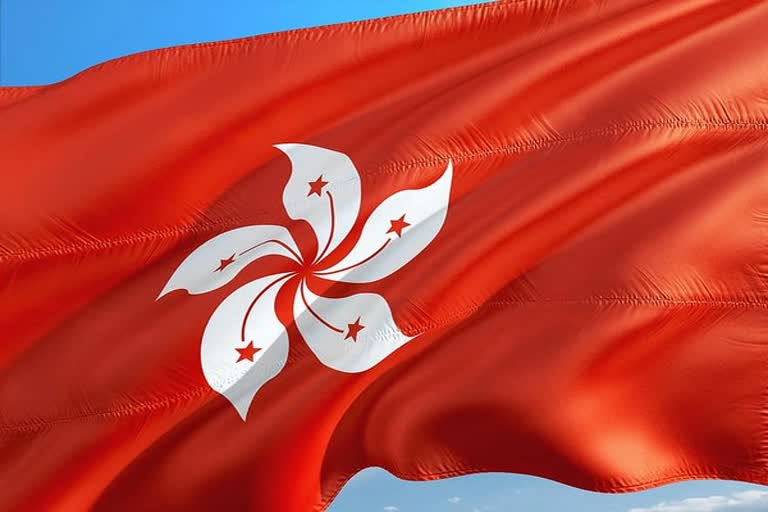Hong Kong: Most Hong Kongers are doubtful about their future under the Chinese imposed national security law which has left a "chilling effect" on people of the territory since its passage in June 2020, according to reports. Quoting Mainland Affairs Council, the media reported that over 60 per cent of people expressed doubts about their future under the draconian law which was imposed in June last year. In a report marking the 24th anniversary of the territory's handover to China, the council said that the US-based Freedom House in March gave Hong Kong the worst rating in the history of its Freedom in the World report at 52 points, ranking "partly free," due mainly to the security legislation.
Germany's Global Public Policy Institute and Reporters Without Borders similarly downgraded the territory in their respective reports on academic and press freedom, it added. Meanwhile, several people including activists, students, journalists have been arrested in the past few months in Hong Kong under the security legislation. The scope of those prosecuted for a speech from prior to the law's passage -- from politicians to academics and journalists -- has produced a "chilling effect," the council's report said. The press especially is facing "unprecedented political violence," including the redefinition of "media representative" to only recognize workers of media outlets registered with the government, it said.
Read: China evacuates nationals from Afghanistan amid US pullout
Next Digital has emerged as a victim of the security legislation, as police have used it to prosecute owner Jimmy Lai and Apple Daily executives, it said. The closure of the Apple Daily on June 25, shortly after the government froze its assets, has "sounded a death knell for press freedom in Hong Kong," Taipei Times reported. Many news firms have chosen to stay silent, leading to the closure or removal of content from online publications such as Stand News, Winandmac Media and Post 852, it added. Meanwhile, increasing numbers of academics critical of Beijing have been dismissed or forced out since last year. Some have even seen their teaching qualifications revoked for disseminating content in support of independence, it added.
